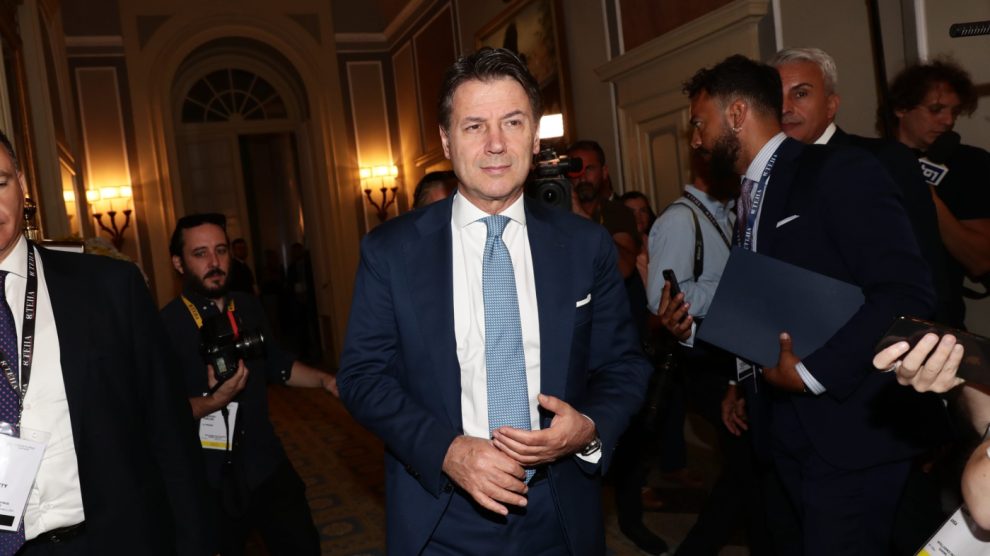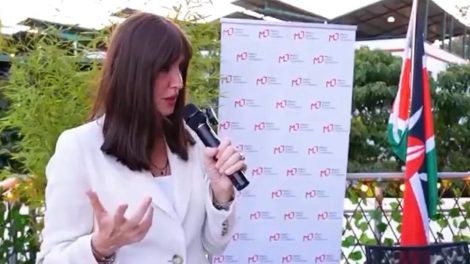Giuseppe Conte defends signing BRI agreement. On Sunday, the leader of the Five Star Movement (M5S) stated that “we have not regretted anything” about signing up to China’s Belt and Road Initiative in 2019, when he was prime minister. “We were the thirteenth European country to sign the agreement,” he noted, “and for the first time we obtained the inclusion of certain protection clauses for our national interests – also to the benefit of all other countries,” remarked Mr Conte.
- The agreement was “meant to rebalance our trade balance and was also requested by the business world,” he added, noting that the 2020 pandemic had subsequently impacted trade.
- However, he did not offer a more detailed explanation of the “protection clauses” he spoke about.
Mind the timing… Mr Conte’s words highlighted the distance between the 5SM and the current right-wing government, which has signalled it will exit the BRI Memorandum of Understanding. Foreign Minister Antonio Tajani is currently in Beijing for a three-day mission, which is also intended to prepare the ground for that decision.
- “Although we have different visions on some issues and have not achieved much with the [BRI], we want to strengthen trade ties with China,” said the FM on Sunday, noting the Asiatic country is “a key interlocutor of ours” and that it can “also play an important role in the Ukraine peace talks.”
… and the numbers. Minister Tajani’s focus on the lack of economic benefits is supported by data from the Foreign Affairs Ministry. Italian exports to China have grown less substantially than expected, from €13 billion in 2019 to €16.4 billion in 2022, while Chinese exports to Italy skyrocketed from €31.7 to €57.5 billion in the same period.
- Meanwhile, as Defence Minister Guido Crosetto remarked in late July, EU countries that had not signed up to the BRI saw a bigger boost to their exports to China than Italy did, in comparative, percentual and overall terms.
- Joining the BRI actually “led to a double negative result. We exported a load of oranges to China, [whereas] they tripled their exports to Italy in three years,” he had said, referring to Mr Conte’s spin on the BRI’s benefits.
It is about politics after all. The economic picture clashes with Mr Conte’s defence of his actions, which turned Italy into the only G-7 country to sign up to Xi Jinping’s flagship foreign policy project. And beyond addressing the 5SM’s core argument in defending the BRI membership, keeping the discourse focussed on the economic side is also a manner to de-politicise a highly sensitive matter for the Chinese leadership – which is due to celebrate the BRI’s tenth anniversary in a matter of weeks.
- Stating that she “[does not] foresee our relationship with China becoming complicated,” Italian Prime Minister Giorgia Meloni said that the choice of exiting the BRI would pass through the Italian Parliament – likely as a trade matter.
- This will also cause opposition parties to take a clear stand on the issue. And whereas the 5SM’s seems clear enough, the Democratic Party sees things differently and believes it should be treated at the European level (as a Dem MP told our sister website).





